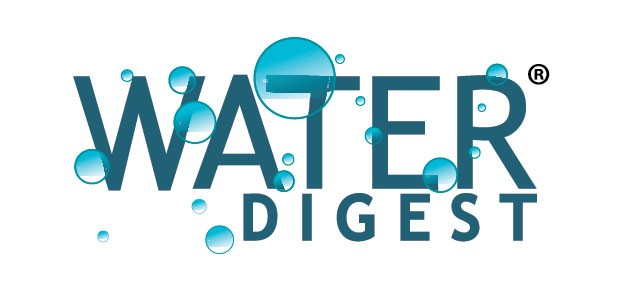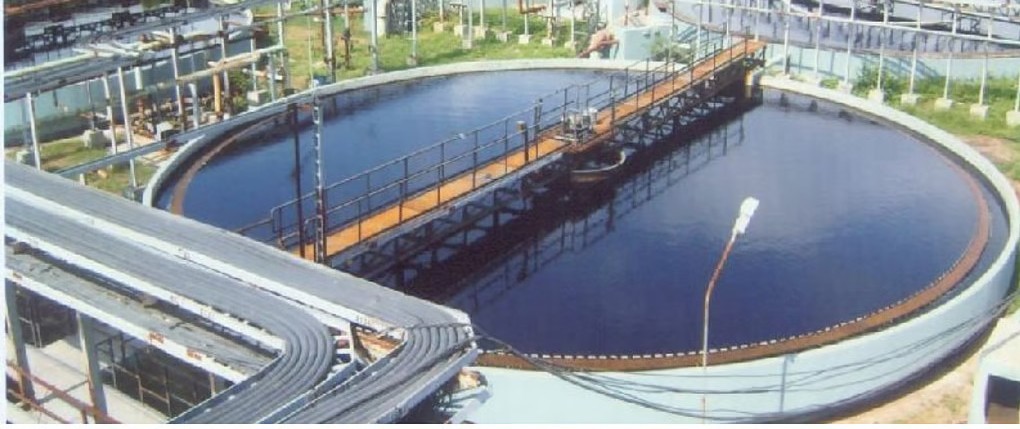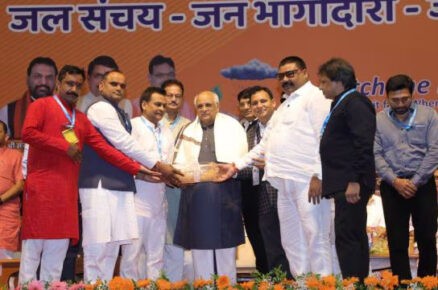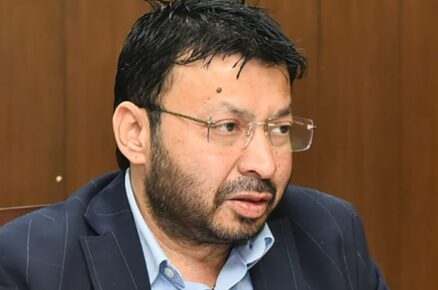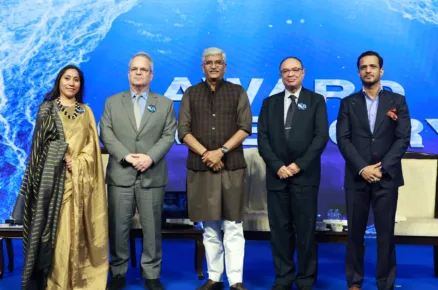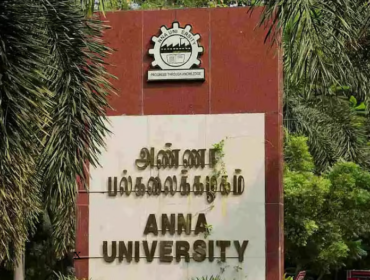Pune is set to modernise six sewage treatment plants (STPs) under a ₹842.85 crore project sanctioned through the Atal Mission for Rejuvenation and Urban Transformation (AMRUT) 2.0 scheme. The initiative is aimed at strengthening river pollution control measures and enhancing treatment capacity.
Funding will be shared across multiple stakeholders: ₹252.86 crore from the Central government, ₹210.71 crore from the Maharashtra government, ₹20.49 crore from Pune Municipal Corporation (PMC), while ₹359.76 crore will be mobilised through private participation.
At present, the Mula-Mutha river receives approximately 990 MLD of sewage, of which only about 550 MLD is treated before discharge. Once an ongoing river improvement project funded by JICA is completed, an additional 396 MLD will be treated. However, many of the older plants, built before 2008, are now in need of upgrades, as treatment quality has not consistently met permissible standards.
Under the new project, six plants will be upgraded to expand total treatment capacity from 477 MLD to 566 MLD. Major enhancements include increasing capacity at Bhairoba (130 to 200 MLD), Tanajiwadi (17 to 26 MLD), and Bopodi (18 to 28 MLD). Other facilities in Erandwane, Vitthalwadi, Naidu, Baner, Kharadi, and Mundhwa will also be modernised with advanced technology.
The PMC has already invited tenders, and three contractors have submitted proposals. The project includes a 15-year operation and maintenance clause, with an additional ₹275 crore allocated for this purpose.
Once completed, the upgrades are expected to significantly reduce pollution levels in the Mula-Mutha river and support Pune’s long-term environmental and public health objectives.
Source & Image: https://shorturl.at/7DlQ6
